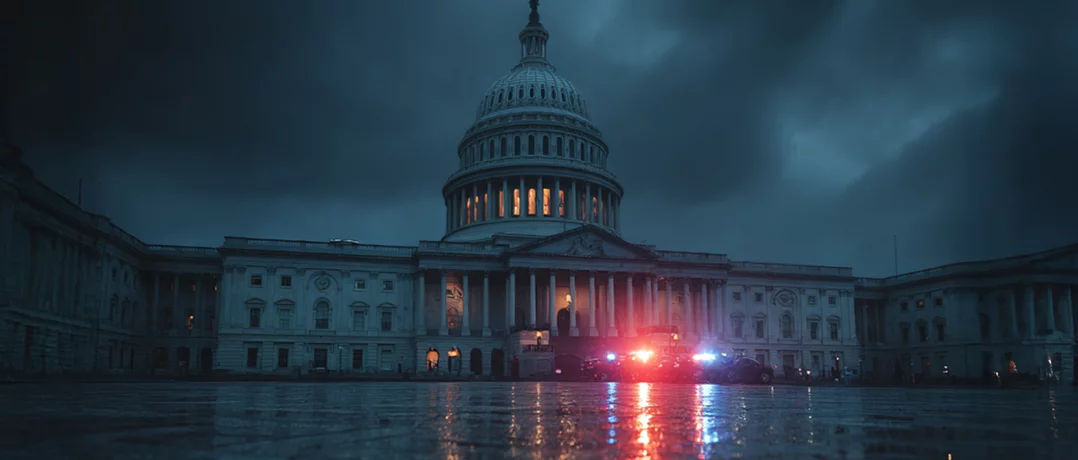Trump signals possible use of the insurrection act as Anti-Ice protests spread nationwide, framing the unrest as a threat to national security.
Anti-Ice protests risk the possibility of invoking the US Insurrection Act
Anti-Ice protests risk the possibility of invoking the US Insurrection Act


The so-called “anti-Ice protests” have swept throughout the United States since June 2025; The term “ICE” refers to the U.S. Immigration and Customs Enforcement. The protests began in Los Angeles in opposition to the wave of mass detentions by Immigration and Customs Enforcement (which aims to curb illegal immigration in the country – a top priority for the Trump administration). However, the anti-ICE riots quickly spread to several other states (such as Atlanta, Chicago and Seattle), in solidarity with the crackdown in Los Angeles and Trump’s immigration policies.
Amid these turning events, Trump, along with his top aides, have recently used the term “insurrection” more frequently when referring to the aforementioned protests. The President claimed that he really thinks “that’s really criminal insurrection”, referring to the protests in Portland. This change in tone reflects a deeper meaning than a mere categorization. It signals Trump’s potential invocation of the Insurrection Act, which he told reporters that could eventually resort to indeed.
What is the US Insurrection Act?
The Insurrection Act is a law passed in 1792 that allows the US President to deploy the US military or National Guard within the country to address civil unrest, insurrection, or rebellion. The law gives the president the power to send federal troops to suppress violent protests or unrest, especially in cases where local authorities are unable to maintain order or enforce federal law.
The Insurrection Act operates alongside the 1878 Posse Comitatus Act, which generally restricts the use of military forces inside the United States against its citizens. However, the former Act creates an exemption, granting the president special authority in situations that threaten public safety, federal authority, or national security.
Usually, the Act is invoked when a state governor or state legislature requests federal assistance to properly address the situation mentioned earlier; this was the case in 1992 when the Act was last invoked in the state of California during President George HW Bush’s term. However, the legislation permits the US President to bypass state authorities should the situation become dire enough (such as “unlawful obstruction” or “rebellion”); as was the case in 1957 in Little Rock, Arkansas during President Dwight D Eisenhower’s term to enforce the desegregation of public schools in accordance with the Supreme Court’s ruling in Brown v. Board of Education.
The Insurrection Act as a Means to Quell the Anti-Ice Protests
Just as Eisenhower invoked the Insurrection Act over the wishes of the concerned governor, Trump might well resort to his predecessor’s policy. In Portland, for instance, local officials have publicly opposed the deployment of the National Guard troops to quell the protests. The US President may thus invoke the Act under the pretext of securing public safety and national security; especially since he has already tried to label far left anti-fascist, or Antifa, protesters, as domestic terrorists.


